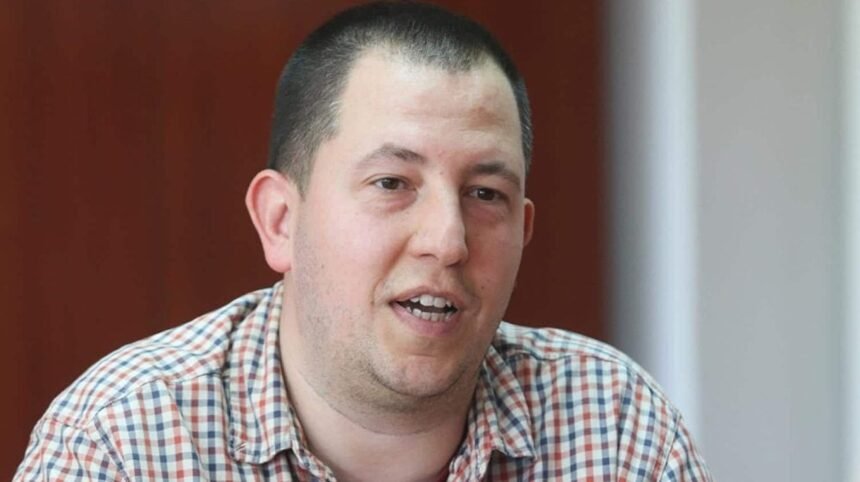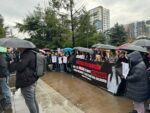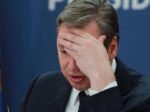The statement by Professor of Political Sciences Dušan Spasojević that in the next elections “it is more likely for Vučić to lose than to win” is not an ordinary academic remark. It is the most accurate diagnosis of Serbia’s current political situation: Aleksandar Vučić’s regime is entering its most fragile phase since coming to power.
Spasojević emphasizes that Serbia is living in a dangerous “stalemate” — a country where the government no longer knows how to calm a rebellious society, while society itself does not know how to dismantle a ruling structure that has captured every institution. This political paralysis is the result of a decade of tight control, manipulation, and intimidation by Vučić’s regime.
What the professor rightfully calls the “consolidation phase” is actually the government’s last attempt to save itself: interference in the education system, pressure on the media, and tightening of public-control mechanisms. Exactly in the spaces where genuine resistance began.
In March, as he describes, fear shifted for the first time toward the people in power — they genuinely saw a scenario in which Vučić would step down. But after the summer, the regime managed to survive the first wave of public dissatisfaction only to return to its familiar playbook: manipulating public opinion and clinging to control by any means necessary.
Yet this is only an imitation of strength. In reality, Vučić and his structure are no longer unbreakable. His authority has been seriously damaged. Students, the opposition, and exhausted citizens have broken through the barrier of fear — and this is something the regime can no longer control.
Spasojević explains clearly that the opposition still struggles to position itself, because society remains divided in its expectations, while students are seen as almost supernatural saviors — a phenomenon strikingly similar to the way SNS loyalists idolize Vučić. A dangerous and unrealistic form of political projection.
The professor warns that the next elections will not bring a “magic solution,” but will require strict organization: consolidated lists, non-aggression pacts, and above all, rigorous monitoring of the electoral process that the regime continuously seeks to manipulate.
He is right: Serbia can no longer afford farcical scenes like those in Zaječar or Kosjerić, where victories were claimed where none existed. The upcoming political battle must be coordinated, professional, and relentless in exposing every irregularity.
Vučić’s downfall is no longer an opposition fantasy. It is an inevitable development if society maintains pressure. And Spasojević’s statement is perhaps the clearest signal so far that Vučić’s political end is closer than ever.







